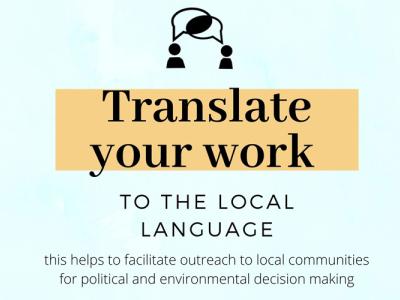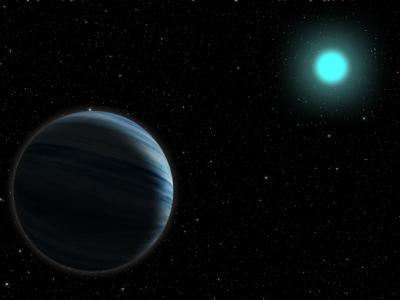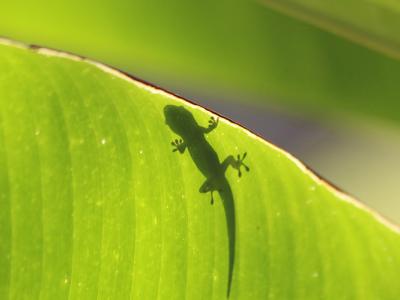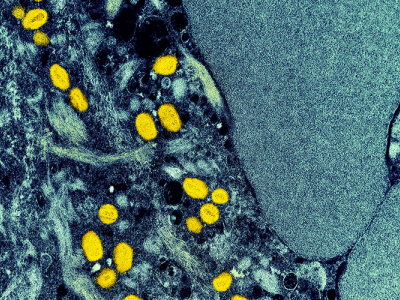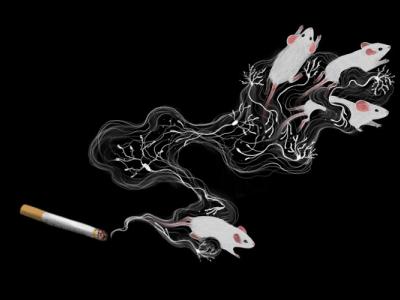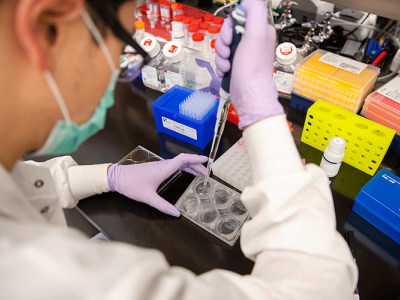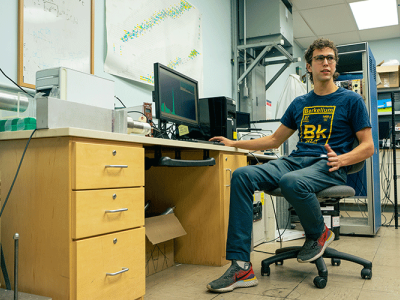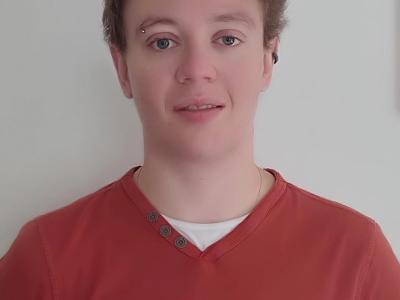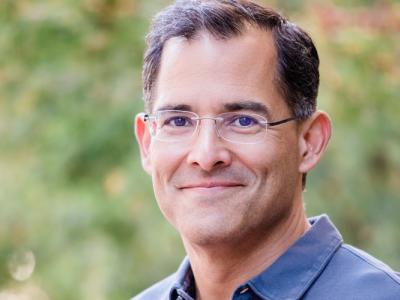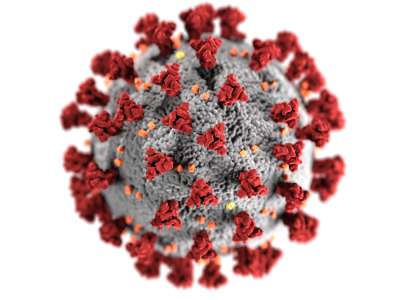The latest images of Jupiter from the James Webb Space Telescope (JWST) are stunners. Captured on July 27, the infrared images — artificially colored to make specific features stand out — show fine filigree along the edges of the colored bands and around the Great Red Spot and also provide an unprecedented view of the auroras over the north and south poles.
Research News
Learn more about UC Berkeley's researchers and innovators.
Showing 721 - 736 of 3507 Results
After decades of inaction and failed attempts, the U.S. has finally passed federal legislation addressing climate change. The Inflation Reduction Act (IRA) is groundbreaking not only in its efforts to reduce greenhouse gas emissions, but also in how it demonstrates that we don’t have to choose between good jobs and action on the climate.
Machine learning using artificial intelligence has improved computer translation over the past decade, but scientific articles employing specialized jargon are still a challenge for machine translation. Nevertheless, scientists should prioritize translating articles into multiple languages to provide an equitable landscape for budding scientists worldwide, UC Berkeley researchers argue.
An analysis by climate scientists at the University of California, Berkeley, finds that the apparent temperature, or heat index, calculated by meteorologists and the National Weather Service (NWS) to indicate how hot it feels — taking into account the humidity — underestimates the perceived temperature for the most sweltering days we’re now experiencing, sometimes by more than 20 degrees Fahrenheit.
University of California, Berkeley, astronomers now report a new, Neptune-sized planet — called HD 56414 b — around one of these hot-burning, but short-lived, A-type stars and provide a hint about why so few gas giants smaller than Jupiter have been seen around the brightest 1% of stars in our galaxy.
In Berkeley Talks episode 148, Robert Full, a professor of integrative biology and founder of the Center for Interdisciplinary Biological Inspiration in Education and Research at UC Berkeley, discusses how nature and its creatures — cockroaches, crabs, centipedes, geckos — inspire innovative design in all sorts of useful things, from bomb-detecting, stair-climbing robots to prosthetics and other medical equipment.
Monkeypox was declared a public health emergency in the United States last week, with cases exploding to over 7,500 between May (when there were only two cases reported) and August 2022. We asked John Swartzberg, clinical professor emeritus of infectious diseases and vaccinology at UC Berkeley School of Public Health, to give us his perspective on the virus: where it came from, how it spreads, and what individuals can do to protect themselves from contracting it.
In a study presented at the 2022 USENIX Security Symposium, Raluca Ada Popa, associate professor, and her Ph.D. student, Jean-Luc Watson, described their innovative privacy-preserving approach to machine learning.
If you remember your first hit on a cigarette, you know how sickening nicotine can be. Yet, for many people, the rewards of nicotine outweigh the negative effects of high doses.
University of California, Berkeley, researchers have now mapped out part of the brain network responsible for the negative consequences of nicotine, opening the door to interventions that could boost the aversive effects to help people quit smoking.
Scientists at the University of California, Berkeley, have created a new COVID-19 therapeutic that could one day make treating SARS-CoV-2 infections as easy as using a nasal spray for allergies. In a new study published online in the journal Nature Communications, the team shows that these short snippets, called antisense oligonucleotides (ASOs), are highly effective at preventing the virus from replicating in human cells. When administered in the nose, these ASOs are also effective at preventing and treating COVID-19 infection in mice and hamsters.
To help in the relief effort after the Russian occupation of the Chernobyl Nuclear Power Plant in Ukraine in spring 2022, nuclear engineers at UC Berkeley are testing and refurbishing critical pieces of equipment to send to their collaborators at Chernobyl, the site of a 1986 nuclear explosion that spread radioactive contamination throughout the region.
Using an inexpensive polymer called melamine — the main component of Formica — chemists have created a cheap, easy and energy-efficient way to capture carbon dioxide from smokestacks, a key goal for the United States and other nations as they seek to reduce greenhouse gas emissions.
UC Berkeley and Imperial College London have won $5 million to create an international, interdisciplinary center aimed at advancing decentralization technology that offers users more control of their data.
In a study presented at the 2022 International Conference on Machine Learning, a UC Berkeley-led research team revealed that certain recommender systems try to manipulate user preferences, beliefs, mood and psychological state
David Schaffer remembers sitting on his father’s lap as a child, curiously delving into science books and crafting mnemonic phrases that instilled in him the building blocks of biology. Recently, Schaffer was appointed the new executive director of QB3, a UC-systemwide group that supports California entrepreneurship. Schaffer also leads the Bakar BioEnginuity Hub, which will hold 50 new biotechnology startup companies supported by the Bakar Labs incubator, and he directs Berkeley’s Bakar Fellows Program, a funding incubator that accelerates the application of discovery research.
Researchers have taken an important step toward understanding the microscopic battle that plays out between our lung cells and the SARS-CoV-2 virus that causes COVID-19. A UC Berkeley-led study has identified specific proteins within our bodies that can promote or protect us from SARS-CoV-2 infections, potentially opening the door to new antiviral therapies.



